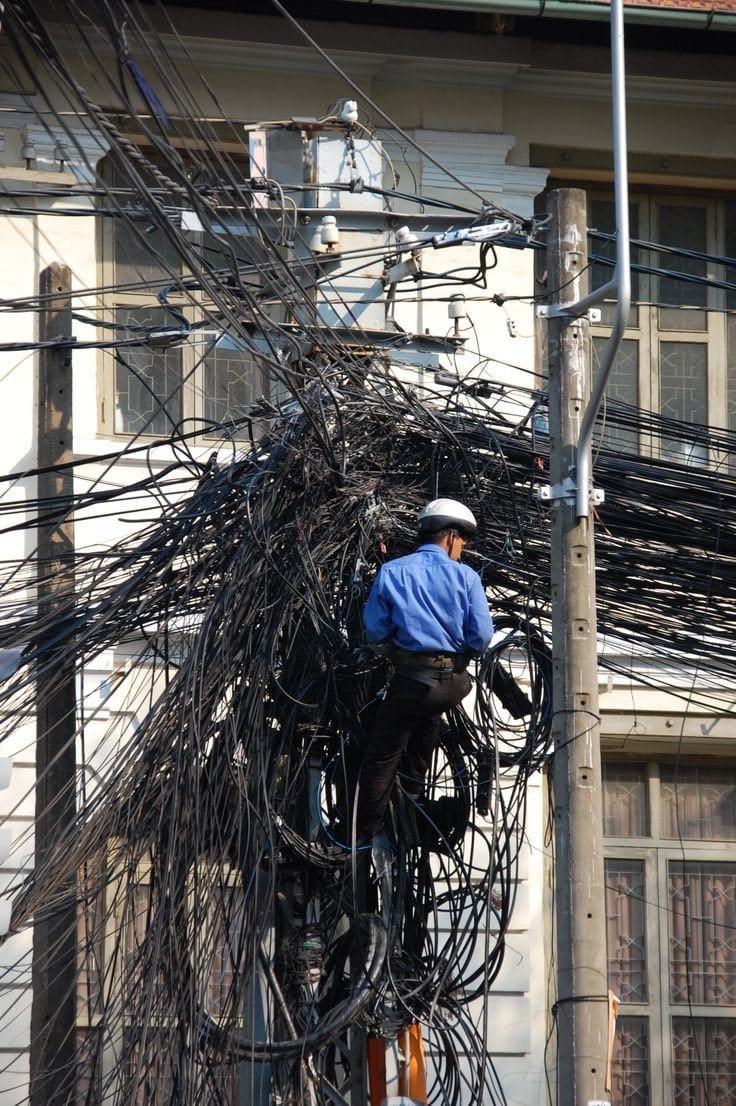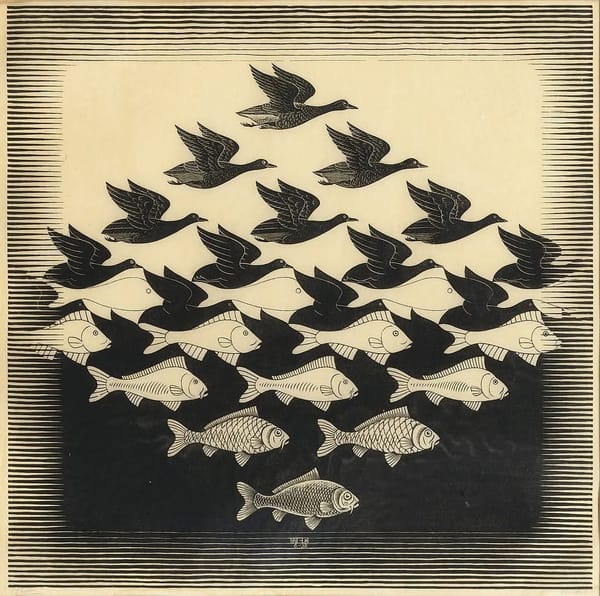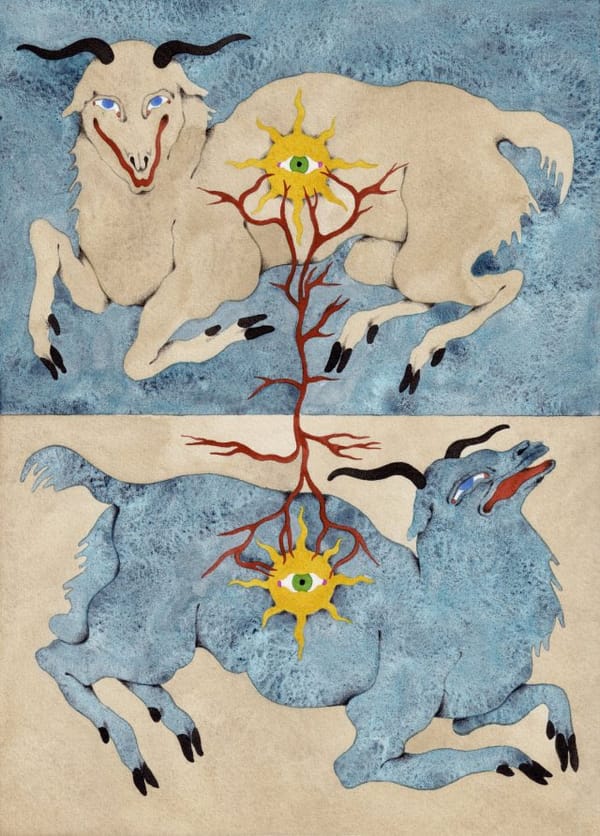Did you try asking the meaning shredder?

I
Maintain confidence in my assessment.
Conditions will gradually skew in an optimal direction. Reality will grow increasingly favorable. The general state of things will approach the ideal.
Everything will be alright. It's all gonna be fine. Don't even trip, bro. Honestly. Bro like literally. It’s so chill. You're gonna be super stoked.
Trust me bro.

II
The sky is blue.
That is, on a clear and sunny day, the sky is blue. Fun fact: what might pass for "light purple" or "indigo" in English is actually still "blue" in Russian. And the sky is only really blue to us on the ground – as you go higher, closer to space, it gets darker, more purple, and there's miles to go. Let's take the average color and say it's purple.
The sky is purple.

III
Freedom matters.
Given how language works, the word "freedom" can mean different things. Are you talking about liberty? Political freedom — protection against imprisonment? Or something more abstract: detachment from obligations? Do you mean freedom from things (like pollution) or freedom to do things (like buy fireworks)? Do you mean freedom of physical movement or freedom of thought? Culture and language matter, too, like in the last section: different word roots hold different histories, different associations. In English, for example, we have a meaning of "free" ("not having a price") that colors our perception of the word, prompting country singers to reiterate that freedom ain’t free. Conditions – tradeoffs – how do we say freedom means anything constant? And since we can't do that, how do we agree on what it's worth? And since we can't do that, is freedom worth anything?
Does freedom matter?

IV
Meaning is becoming outdated. Millions attended “no kings” protests; few attended the DC military parade; and yet will any power change hands, will people not just keep believing what they want (perhaps with the help of AI slop on Facebook), will any of this mean anything until we change the way we live our lives?
The shifts in meaning you saw in each prior section: exaggerated examples to show the point. LLMs don't do that yet, not that egregiously, not on their own. I use LLMs sometimes. I know. But they do shift meaning, in two ways, which bolster each other.
The first: once upon a time, we had the news anchors of the Vietnam era asking “approved” questions with “approved” framings. They laid groundwork. Now, we have the LLMs, sweeping up after them, doing what they did, just in a more autonomous and mass-produced way. As Susan Sontag wrote to Jorge Luis Borges about the changing face of censorship and book burnings in the 21st century: the tiger is now inside the library.
The meanings of words and concepts drift in the direction of nudges: nudges by stewards of LLMs (can we not pretend it isn't happening?) and by the biases of its users, in bulk, already conditioned to have biases. These nudges affect the thoughts of the many who never use LLMs by affecting the thoughts of the many who do. (And apart from the many, they drive a handful of highly susceptible people absolutely batty, as the New York Times recently reported.)
So there’s one layer of its meaning-shredding — the layer of words. There‘a another: physical, like how weapons or bulldozers could be also considered meaning shredders, destroying things people have given meaning. Executives eliminate jobs, with LLMs as the justification. People stop asking people around them for certain types of help because the chatter of glorified hallucinating magic 8-balls is so cheery, so authoritative, by comparison. People scramble as a result, putting stress on themselves in efforts to stay needed. They expend more energy trying to learn and adapt than we evolved to. The stress weighs. When stress weighs, things that used to matter more, to register more emotion, do so less; there are more dire things to worry about now.
With meaning assaulted on these two fronts, certain previously reliable things become less solid or trustworthy. The video you're seeing. The sound of your own internal monologue. We dilute the power of the true meaning-makers of the world — humans — and thus reduce our motivation to exercise these powers, in a vicious cycle. We cease to resist nudges in meaning that we would normally find odious. Empty words make empty life.
The way is paved for the meaning-shredders — for the most boring petite bourgeois people among us, making bank off LLMs, to reconstruct the world's meaning from their own confetti, a trillion empty words. Can you stop it yourself? No. Do you, and everyone else, get to decide what this trend means for you, and what it means you should do? Of course.





